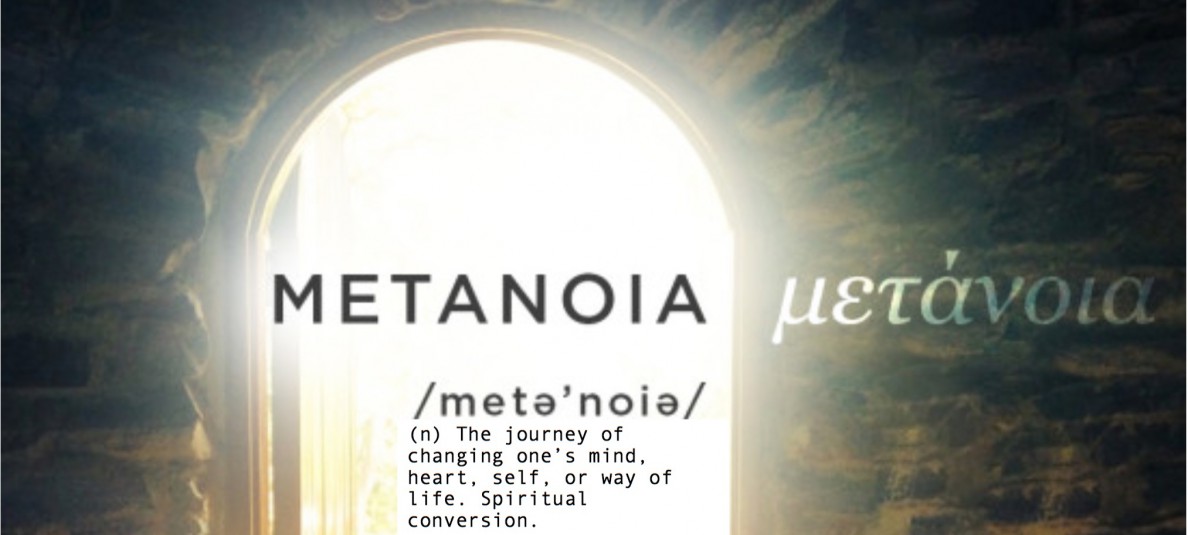Proper 9(C): Bearing Witness, Even in the Dust
By: The Rev. Jerrod McCormack
By the time this article is published I will have been a priest for a very short time. My ordination to the priesthood comes some 20 years after the journey began. It has been a long and at times a circuitous route to arrive here. And there have been moments along the way where I was tempted to give up or just go home and do something else, but my conviction that God has called me to this work has called me to push on into God’s preferred future for myself and for the world. Luke’s Gospel, maybe more than any of the other gospels, contains an enormous push toward discipleship of the gentiles and toward the evangelical nature of the Church itself. It should not be possible to look at this text and understand it apart from those two natures. It would be too easy to think that this word is about making new priests or pastors to labour in God’s kingdom, but instead I would suggest that this passage is a call to all believers to come and work in the harvest and find the depth of faith.
This text poses a number of challenges to the would-be preacher. It would be so easy to get caught up in one of the rabbit trails that could take one away from the primary missiological and evangelical nature of this text. It would be tempting to get caught up in the woes that the lectionary has so graciously skipped over. And I say this not to diminish the text, but to acknowledge the challenge it presents to anyone who would proclaim the good news of God present here. This text mimics the sending of the 12 Apostles from chapter nine all the way down to the instructions to leave all the non-essentials behind. Focus on the mission that is really at hand. And that mission is the proclamation that God’s kingdom has come near.
I have been the Spiritual Health Practitioner (Chaplain) at the Alberta Children’s Hospital for just under a year now. It has been a journey full of both great difficulty and great blessing. One of the things that has been so amazing about this journey is that I get to journey alongside people through tremendous moments of joy and celebration and on the opposite side I walk with people through the darkest moments of human life. It isn’t easy work, but it is work that needs someone with a heart for those who are suffering and a tremendous amount of empathy. But one of the things that this work has helped me to realize is that God is always present. God’s kingdom is always right there in the voice of a mom or a dad who has been left in distress because of their sick son or daughter. There may be days in my work where I don’t use the name of Jesus at all, but that doesn’t mean that I am not pointing people towards the light of the divine and the holy. By practicing great compassion and mercy to those who are suffering I am doing my part to expand the kingdom of love and mercy. It is not a work that fits within the model of Christendom, but it is definitely the work of God in the world.
It is perhaps most interesting that this chapter, which begins with the sending of the 70, would end with the parable of the Good Samaritan. That story ends with the question, which of these: the priest, the Levite, or the Samaritan, was a neighbour to the man who fell in amongst the thieves? And of course, the answer is the one who showed him mercy. Jesus gives us instructions to go and do likewise. Not asking if these people are worthy to receive mercy. Not stopping to enquire about church membership or belief structure. Not querying their theological background or being sure that they subscribe to our particular way of being in the world, but offering a hand of assistance and help in times of desperation and trouble.
As God’s sons and daughters, we are called to go into the world and share mercy with those who haven’t seen it in a while. Including those who are on the church’s no go list. Maybe especially those who have been scared by the ministry of the church.
Every holy week in the Anglican Church, the priests and deacons attend a service where the Bishop makes new holy oils for the coming year. I was in downtown Calgary on my way to the Cathedral church for the Chrism Mass and I was verbally accosted by a homeless gentleman on the street. He began asking me how I could possibly wear my collar after everything that ‘you did to us.’ I hadn’t any clue about what sort of pain this man had endured in his life. And honestly, in my rush to get where I was going, my initial response wasn’t so holy. Instead of mercy I offered defensiveness, but that only fueled his fire. As he continued, I looked into his eyes and I offered a simple apology, “I am sorry for whatever pain you have endured in your life.” I wish we lived in a world where I could say that the Church was innocent, but I am not that naive. Here in Canada as well as in the United States, though it is often unspoken there, there is a legacy of residential schools that set about stripping indigenous peoples and children of their language and culture in order to ‘civilize’ and ‘evangelize’ the indigenous populations.[1] It is an absolutely horrendous legacy and it is a stain on the life of the church.
On Friday, Aug. 6, 1993, the then Primate of the Anglican Church of Canada, The Most Reverend Michael Peers said,
“I accept and I confess before God and you, our failures in the residential schools. We failed you. We failed ourselves. We failed God.
I am sorry, more than I can say, that we were part of a system which took you and your children from home and family.
I am sorry, more than I can say, that we tried to remake you in our image, taking from you your language and the signs of your identity.
I am sorry, more than I can say, that in our schools so many were abused physically, sexually, culturally and emotionally.
On behalf of the Anglican Church of Canada, I present our apology.”[2]
We in the church have so much work to do. It begins in speaking the truth and then going into the world to offer mercy and love to God’s lost sons and daughters. Some of whom have been deeply wounded by the Church; and in those places, it means offering additional understanding and being willing to take upon ourselves the impetus to offer an apology for pain that we might not fully understand in a moment. I have thought about my encounter with that gentleman on the street corner and I hope and pray that the sight of a guy in a collar being able to say “I am sorry for whatever pain you have endured in your life” can offer a step towards healing and wholeness.
Pray to the Lord of the harvest to send labourers into the harvest who are willing to speak truth, own their own failures and shortcomings, and who will share mercy instead of judgement.
[1] Pember, Mary Anne. “When Will U.S. Apologize for Genocide of Indian Boarding Schools?” https://www.huffpost.com/entry/when-will-us-apologize-fo_b_7641656
[2] Peers, Michael. “The Apology- English” The Anglican Church of Canada, Truth in Reconciliation https://www.anglican.ca/tr/apology/english/

The Rev. Jerrod McCormack was ordained a priest on June 22 in the Anglican Church of Canada’s Diocese of Calgary. He is the Spiritual Health Practitioner (Chaplain) at the Alberta Children’s Hospital and an assistant priest at St. Peter’s Anglican Church, Calgary and a member of the Society of Catholic Priests. He enjoys time spent with friends, hiking, and photography. He is originally from Alabama and now resides in the land of prairie and mountains in Southern Alberta, Canada.
